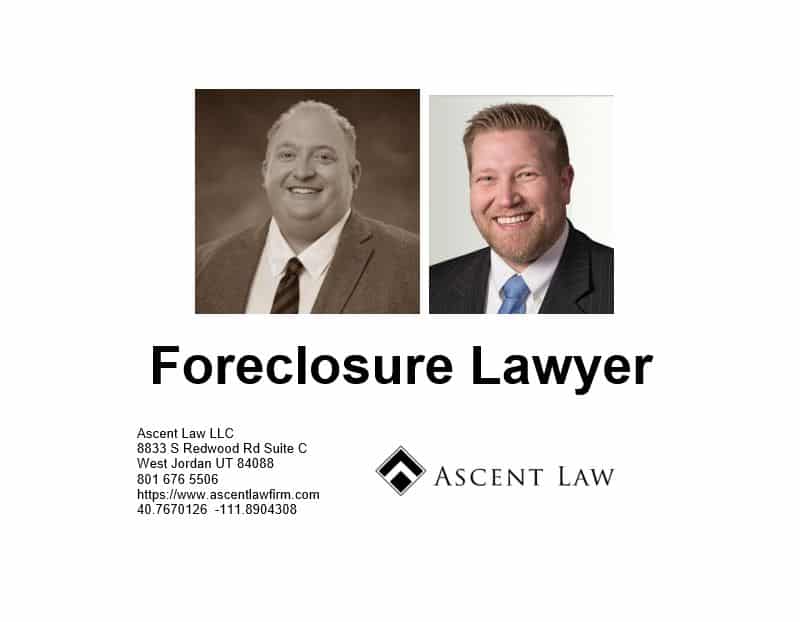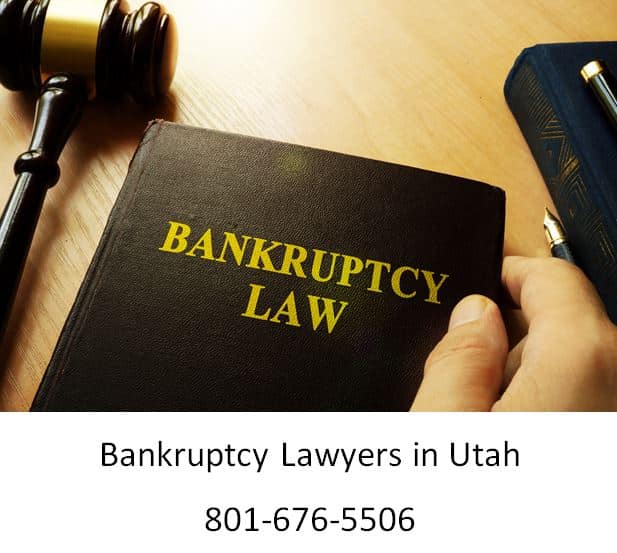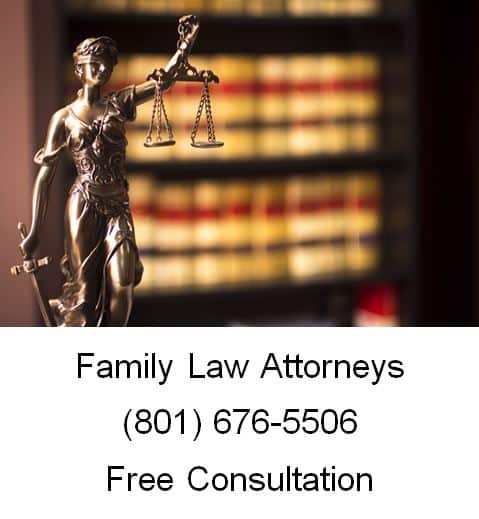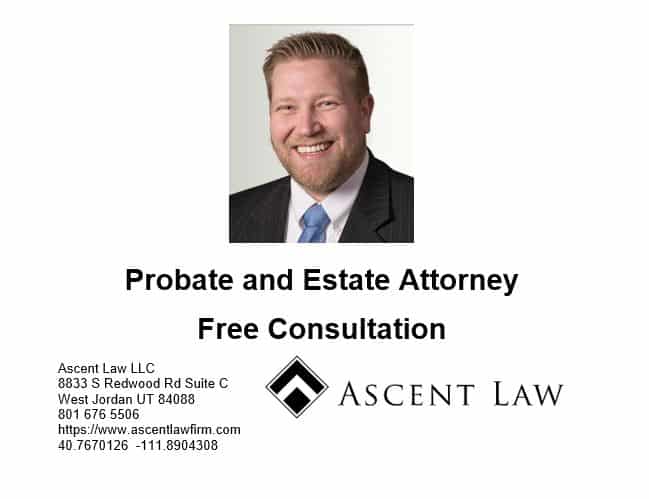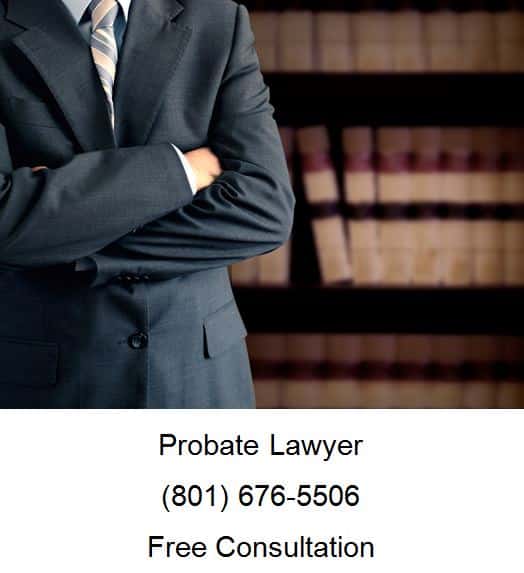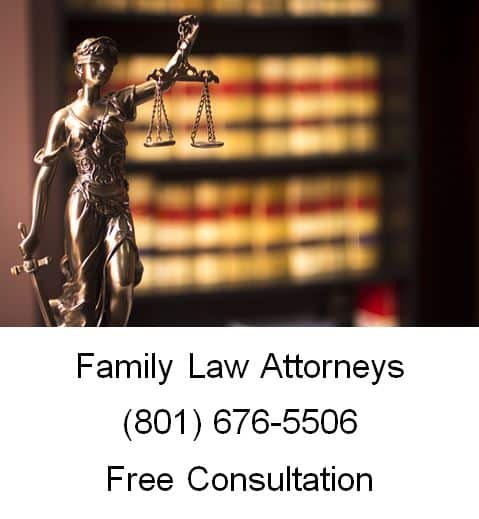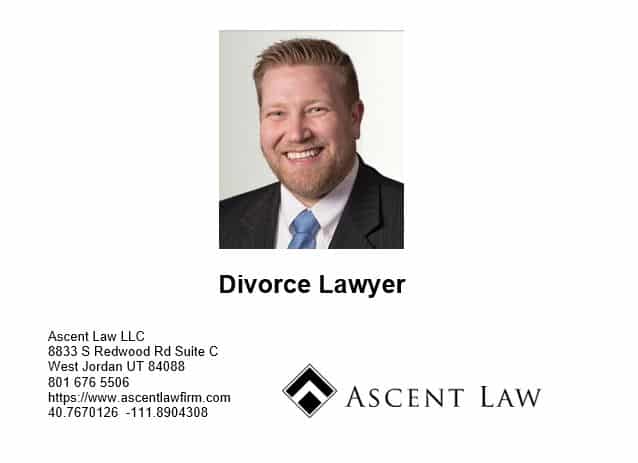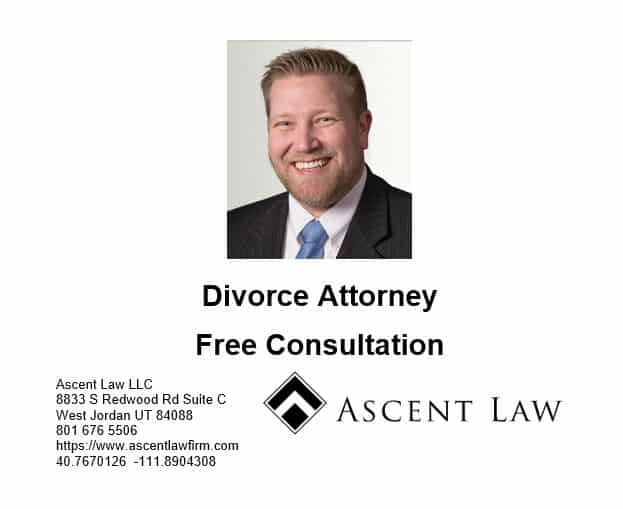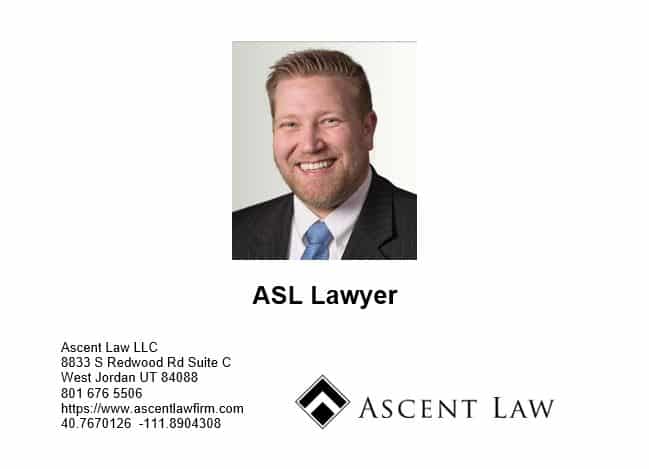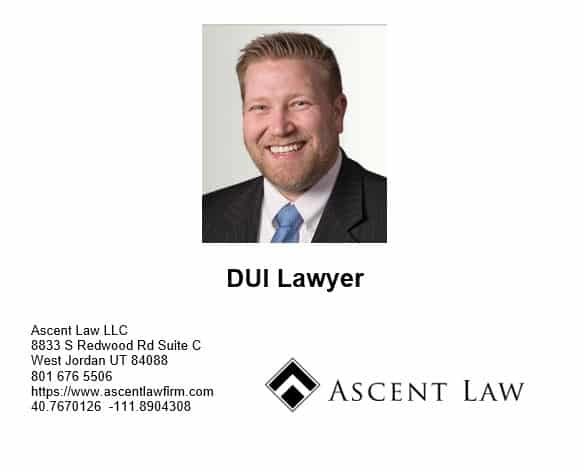Tags
Before the foreclosure crisis, which peaked in 2010, federal and state laws regulating mortgage servicers and foreclosure procedures were relatively limited and tended to favor foreclosing lenders. Now, however, federal and state laws heavily regulate loan servicing and foreclosure processes. And most of the laws give protections to borrowers.
Servicers generally have to provide borrowers with loss mitigation opportunities, account for each foreclosure step, and strictly comply with foreclosure laws. Also, most people who take out a loan to buy a residential property in Utah sign a promissory note and a deed of trust, which is like a mortgage. These documents give homeowners some contractual rights in addition to federal and state legal protections.
In a Utah foreclosure, you’ll most likely get the right to:
A preforeclosure notice
Apply for loss mitigation
Receive certain foreclosure notices
Get current on the loan and stop the foreclosure sale
Receive special protections if you’re in the military
Pay off the loan to prevent a sale
File for bankruptcy, and
Get any excess money after a foreclosure sale.
So, don’t get caught off guard if you’re a Utah homeowner who’s behind in mortgage payments. Learn about each step in a Utah foreclosure, from missing your first payment to a foreclosure sale. Once you understand the process, you can make the most of your situation and, hopefully, work out a way to save your home or at least get through the process with as little anxiety as possible.
What Is Preforeclosure?
The period after you fall behind in payments, but before a foreclosure officially starts, is generally called the “preforeclosure” stage. (Sometimes, people refer to the period before a foreclosure sale actually happens as “preforeclosure,” too.) During this time, the servicer can charge you various fees, like late charges and inspection fees, and, in most cases, must inform you about ways to avoid foreclosure and send you a preforeclosure notice called a “breach letter.”
Fees the Servicer Can Charge During Preforeclosure
If you miss a payment, most loans include a grace period of ten or fifteen days, after which time the servicer will assess a late fee. Each month you miss a payment, the servicer will charge this fee. To find out the late charge amount and grace period for your loan, look at the promissory note you signed. You can also find this information on your monthly mortgage statement.
Also, most Utah deeds of trust allow the lender (or the current loan holder, referred to as the “lender” in this article) to take necessary steps to protect its interest in the property. Property inspections are performed to ensure that the home is occupied and appropriately maintained. Inspections, which are generally drive-by, are usually ordered automatically once the loan goes into default and typically cost around $10 or $15.
Other types of fees the servicer might charge include those for broker’s price opinions, which are like appraisals and property preservation costs, such as for yard maintenance or winterizing an abandoned home.
Federal Mortgage Servicing Laws and Foreclosure Protections
Under federal mortgage servicing laws, the servicer must contact, or attempt to contact, you by phone to discuss loss mitigation options, like a loan modification, forbearance, or repayment plan, no later than 36 days after you miss a payment and again within 36 days after each following delinquency. No later than 45 days after missing a payment, the servicer has to inform you in writing about loss mitigation options that might be available and appoint personnel to help you try to work out a way to avoid foreclosure. A few exceptions are in place for some of these requirements, though, like if you’ve filed bankruptcy or asked the servicer not to contact you pursuant to the Fair Debt Collection Practices Act. (12 C.F.R. § 1024.39, 12 C.F.R. § 1024.40).
Federal mortgage servicing laws also prohibit dual tracking (pursuing a foreclosure while a complete loss mitigation application is pending).
What Is a Breach Letter?
Many Utah deeds of trust have a provision that requires the lender to send a notice, commonly called a “breach letter,” informing you that the loan is in default before the lender can accelerate the loan. The breach letter gives you a chance to cure the default and avoid foreclosure.
When Can Foreclosure Start?
Under federal law, the servicer usually can’t officially begin a foreclosure until you’re more than 120 days past due on payments, subject to a few exceptions. (12 C.F.R. § 1024.41). This 120-day period provides most homeowners with ample opportunity to submit a loss mitigation application to the servicer.
What Is the Foreclosure Process in Utah?
If you default on your mortgage payments in Utah, the lender may foreclose using a judicial or non-judicial method.
How Judicial Foreclosures Work
A judicial foreclosure begins when the lender files a lawsuit asking a court for an order allowing a foreclosure sale. If you don’t respond with a written answer, the lender will automatically win the case. But if you choose to defend the foreclosure lawsuit, the court will review the evidence and determine the winner.
If the lender wins, the judge will enter a judgment and order your home sold at auction.
How Non-judicial Foreclosures Work
If the lender chooses a non-judicial foreclosure, it must complete the out-of-court procedures described in the state statutes. After completing the required steps, the lender can sell the home at a foreclosure sale. Most lenders opt to use the non-judicial process because it’s quicker and cheaper than litigating the matter in court.
Preforeclosure Requirements Under Utah Law
Much like the requirement under federal mortgage servicing laws, after determining that the loan is in default, the servicer or lender must appoint single point of contact who can provide information about the foreclosure and foreclosure relief. (Utah Code Ann. § 57-1-24.3).
Before filing a notice of default, the lender or servicer must mail a notice to you (the borrower) giving you at least 30 days to cure the default by getting current on the loan. The letter will also include the name, telephone number, email address, and mailing address of the single point of contact. (Utah Code Ann. § 57-1-24.3). This information will likely be included in the breach letter.
Notice of Default
The non-judicial foreclosure process formally begins when the trustee records a notice of default at the county recorder’s office. The notice of default gives you three months to cure the default. (Utah Code Ann. § 57-1-24).
Within ten days of the recording, the trustee mails a copy of the notice of default to anyone who has requested a copy. Most deeds of trust in Utah include a request for notice, so you’ll probably get this notification. (Utah Code Ann. § 57-1-26(2)(a)).
Notice of Sale
If you don’t cure the default, after three months, the trustee will record a notice of sale and:
Mail a copy to you at least 20 days before the sale (if your deed of trust includes a request for notice, which it probably does)
Publish notice of the sale in a newspaper, and
Post notice about the sale on the property at least 20 days before the sale. (Utah Code Ann. § 57-1-26(2)(b), § 57-1-25).
The Foreclosure Sale
At the sale, the lender usually makes a credit bid. The lender can bid up to the total amount owed, including fees and costs, or it may bid less. In some states, including Utah, when the lender is the high bidder at the sale but bids less than the total debt, it can get a deficiency judgment against the borrower, subject to some limitations. If the lender is the highest bidder, the property becomes what’s called “Real Estate Owned” (REO).
But if a bidder, say a third party, is the highest bidder and offers more than you owe, and the sale results in excess proceeds—that is, money over and above what’s needed to pay off all the liens on your property—you’re entitled to that surplus money.
How Long Do You Have to Move Out After Foreclosure in Utah?
If you don’t vacate the property following the foreclosure sale, the new owner will probably:
Offer you a cash-for-keys deal, or
Take steps to evict you.
The eviction process starts with a notice to quit. If you still don’t leave by the deadline given in the notice, the new owner will go through the court system to evict you. (Utah Code Ann. § 78B-6-802.5).
HOW CAN I STOP A FORECLOSURE IN UTAH?
A few potential ways to stop a foreclosure include reinstating the loan, redeeming the property before the sale, or filing for bankruptcy. (Of course, if you’re able to work out a loss mitigation option, like a loan modification, that will also stop a foreclosure.)
Reinstating the Loan
Utah law gives you three months after the trustee records the notice of default to reinstate the loan. (Utah Code Ann. § 57-1-31). Also, the deed of trust might give you more time to reinstate. Check the paperwork you signed when you took out the loan to find out if you get more time to get caught up on past-due amounts and, if so, the deadline to reinstate. You can also call your loan servicer and ask if the lender will let you reinstate.
Redeeming the Property before the Sale
One way to stop a foreclosure is by “redeeming” the property. To redeem, you have to pay off the full amount of the loan before the foreclosure sale.
Some states also provide foreclosed borrowers with a redemption period after the foreclosure sale, during which they can buy back the home. Under Utah law, however, foreclosed homeowners don’t get a right of redemption after a non-judicial foreclosure. (Utah Code Ann. § 57-1-28(3)).
Filing for Bankruptcy
If you’re facing a foreclosure, filing for bankruptcy might help. In fact, if a foreclosure sale is scheduled to occur in the next day or so, the best way to stop the sale immediately is by filing for bankruptcy. Once you file for bankruptcy, something called an “automatic stay” goes into effect. The stay functions as an injunction, which prohibits the lender from foreclosing on your home or otherwise trying to collect its debt, at least temporarily.
In many cases, filing for Chapter 7 bankruptcy can delay the foreclosure by a matter of months. Or, if you want to save your home, filing for Chapter 13 bankruptcy might be the answer. To find out about the options available to you, speak with a local bankruptcy attorney.
Compromise
If a lender is preparing to foreclose on your home, they will first present you with an NOD, or Notice of Default. They also have to schedule a time for auction for your home. During this in-between period before the auction takes place, know that lenders will almost always work out a financial compromise that will allow you to get back on your mortgage program without foreclosure. Any final compromises you might be able to make should be suggested at that time.
Short Sale
If you receive an offer from a buyer between receiving your NOD and the auction date, the lender must consider it. They may view this option as a time-saver that nets them virtually the same result – after all, they’d already be turning around to re-sell the home anyway. This is called a short sale, and there are plenty of situations where it can work as an acceptable compromise for both sides.
Assumption/Lease-Option
Most loans these days are not assumable, but if you are facing foreclosure, there’s a chance your lender could be willing to modify your loan. They might be willing to allow another buyer to assume your loan if this means less hassle for them – if you can negotiate a down payment from the new buyer that pays off your outstanding balance plus assumes the loan at no additional risk to the lender, everyone wins.
Foreclosure Protections and Military Service members
The Service members Civil Relief Act provides legal protections to military personnel who are in danger of foreclosure.
Utah Deficiency Judgment Laws
In a foreclosure, the borrower’s total mortgage debt sometimes exceeds the foreclosure sale price. The difference between the total debt and the sale price is called a “deficiency.” For example, say the total debt owed is $600,000, but the home sells for $550,000 at the foreclosure sale. The deficiency is $50,000. In some states, the lender can seek a personal judgment against the debtor to recover the deficiency. Generally, once the lender gets a deficiency judgment, the lender may collect this amount—in our example, $50,000—from the borrower.
In Utah, the lender can get a deficiency judgment after a non-judicial foreclosure by filing a lawsuit within three months of the sale. (Utah Code Ann. § 57-1-32). The deficiency amount is limited to the difference between the lesser of :
Your total debt and the property’s fair market value or
Your total debt and the foreclosure sale price. (Utah Code Ann. § 57-1-32).
How to Find State Foreclosure Laws
To find Utah’s laws, search online for “Utah statutes” or “Utah laws.” Make sure you’re reading the most recent, official laws. Usually, the URL will end in “.gov” or the statutes will be on an official state legislature webpage.
Although the programs under the Making Home Affordable (MHA) initiative have expired, the MHA website still contains useful information for homeowners facing foreclosure.
Getting Help
How courts and agencies interpret and apply laws can change. And some rules can even vary within a state. These are just some of the reasons to consider consulting a lawyer if you’re facing a foreclosure. If you have questions about Utah’s foreclosure process or want to learn about potential defenses to a foreclosure and possibly fight the foreclosure in court, consider talking to a foreclosure attorney.
For people struggling with mortgage payments and at risk of default and foreclosure on a home, declaring bankruptcy can be a viable option in some cases. Bankruptcy attorneys can walk you through when declaring and might help save your home and preserve your equity.
Free Initial Consultation with Lawyer
It’s not a matter of if, it’s a matter of when. Legal problems come to everyone. Whether it’s your son who gets in a car wreck, your uncle who loses his job and needs to file for bankruptcy, your sister’s brother who’s getting divorced, or a grandparent that passes away without a will -all of us have legal issues and questions that arise. So when you have a law question, call Ascent Law for your free consultation (801) 676-5506. We want to help you!
8833 S. Redwood Road, Suite C
West Jordan, Utah
84088 United States
Telephone: (801) 676-5506
Recent Posts
Divorce Lawyer and Family Law Attorneys
Ascent Law St. George Utah Office
Ascent Law Ogden Utah Office
The post Stopping Foreclosure In Utah first appeared on Ascent Law, LLC.
from Ascent Law, LLC https://www.ascentlawfirm.com/stopping-foreclosure-in-utah/

